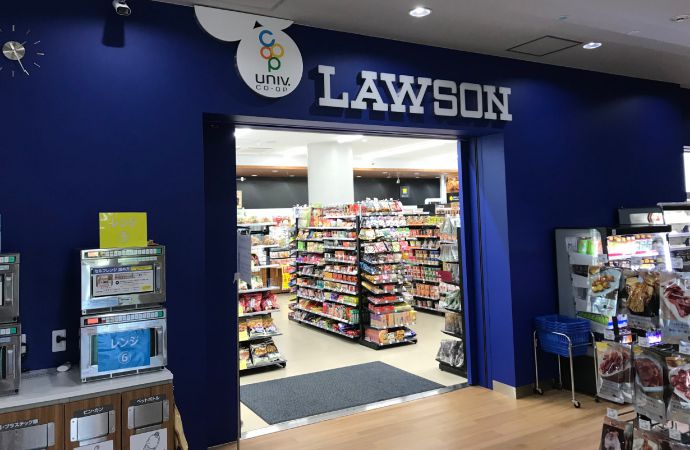Recent decisions by the US and Spanish courts indicate that authorities around the world are ready to clamp down hard on companies responsible for leaking ozone-depleting and climate-damaging refrigerants into the atmosphere.

The US Department of Justice (DOJ) this week announced the imposition of a $500,000 fine on US retailer Trader Joe’s for having violated the Clean Air Act by failing to promptly repair leaks of R22, an ozone-depleting HCFC substance and potent greenhouse gas used as a coolant in refrigerators.
In a proposed settlement with the DOJ and the Environmental Protection Agency (EPA) to resolve violations of the Clean Air Act, disclosed on 21 June, Trader Joe's has agreed to reduce emissions of potent greenhouse gases from refrigeration equipment at all 453 of its stores.
The US settlement will see Trader Joe's spend some $2 million over the next three years to reduce coolant leaks from refrigerators and improve overall compliance.
“Some of the refrigerants now in use by Trader Joe’s are up to 4,700 times more potent than carbon dioxide,” Alexis Strauss, acting regional administrator for the EPA’s Pacific Southwest region, told USA Today. Strauss said the settlement would affect all of Trader Joe’s current and new stores “to prevent the release of approximately 31,000 metric tons of carbon-equivalent greenhouse gases”.
The settlement requires Trader Joe's to achieve an annual corporate-wide average leak rate of 12.1% from now until 2019, which is below the current grocery store sector average of 25%. The retailer company must also use non-ozone depleting refrigerants at all new stores and major remodels and at least 15 of these stores must use CO2.
Alison Mochizuki, national director of public relations for Trader Joe's, said the grocery chain, “looks forward to working with the EPA in its mission to reduce air pollution and protect the ozone layer, and, with this agreement, has committed to reducing its emissions to a rate that matches the best of the industry".
Spanish Supreme Court upholds fine…
Meanwhile in Spain, the Supreme Court on 31 May upheld in its integrity a 19 November 2015 decision by the Zaragoza Provincial Court to convict two entrepreneurs for illegally recycling refrigerators in a manner that triggered the release of CFCs and HCFCs into the atmosphere.
The Zaragoza court calculated that in one recycling plant, 54,537 kg of CFCs were illegally released to the atmosphere between 2007 and 2010. The court estimated that the amount of CFCs ultimately released was probably higher. One of the culprits was sentence to two years in jail, and another received a one-year sentence. Both were fined.
…as more cases pile up in
Trader Joe’s becomes the third grocery store chain to suffer the consequences of refrigerant leaks in the US. Cases have previously been filed against Safeway and Costco for similar leaks of ozone-depleting refrigerants since 2013. All three companies are now required by the EPA to improve their leak monitoring and record keeping, as well as submit electronic reports to the agency.
Earlier this month, the Southern Utah University hit the headlines after lightning-caused fires triggered the release of Freon, a climate-damaging refrigerant, from the library’s air-conditioning unit. Meanwhile in Ontario, Canada, the Cornwall Aquatic Centre was briefly closed after a ruptured refrigerant supply line sprayed the interior of the facility with Freon.
In the UK, the Environment Agency prosecuted Schneider Electric Ltd on 1 April this year for failing to recover an f-gas that was released to the air in Essex in 2013.
Schneider Electric Ltd had been contracted to remove sulphur hexafluoride (SF6) gas by the London Gateway Port.During the court case, the prosecution said the SF6 would now remain in the atmosphere for many generations.
The Environment Agency’s Rooma Horeesorun said the15 kg of gas released was equivalent to flying a 737 jet from Heathrow to Sydney, Australia and back three times.
Together with the Spanish ruling, these cases indicate that authorities around the globe are ready to prosecute companies and individuals responsible for releasing HCFCs and CFCs into the atmosphere, putting pressure on the industry to invest in more sustainable soultions like natural refrigerants.
Related stories



